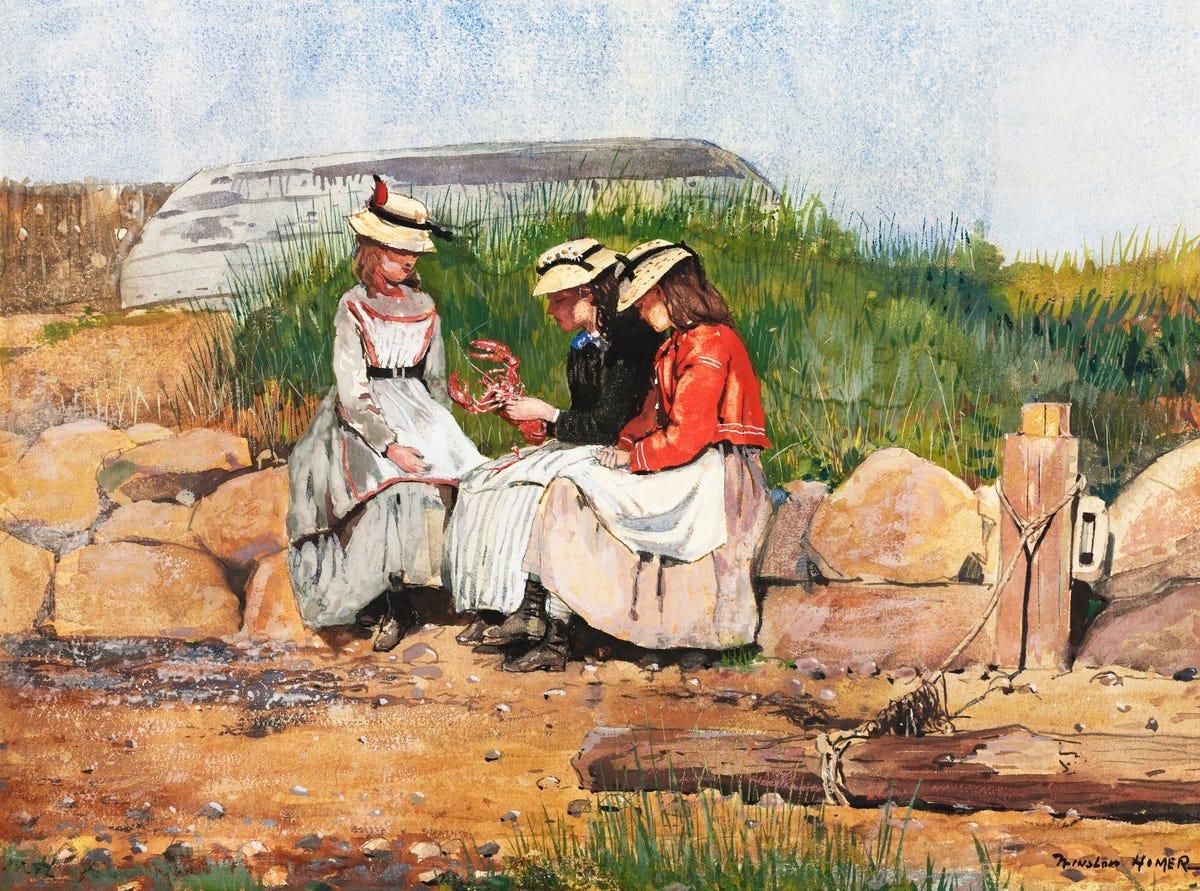How to Embrace Your Softer Side, and Why It Matters
Resist the primal temptation to be fearful, judgmental, or negative and instead choose kindness and empathy.

“Whenever I’m about to do something, I think ‘Would an idiot do that?’ and if they would, I do not do that thing.”
— Dwight Schrute
Society struggles with kindness.
Kindness is considered weak, and those who practice it are branded as simps or wimps.
Too often, we see “manliness” as synonymous with toughness and cruelty. We think of strength as synonymous with the wielding of power, the subjugation of those weaker than us.
“When I was a boy I used to think that STRONG meant having big muscles, great physical power; but the longer I live, the more I realize that real strength has much more to do with what is NOT seen. Real strength has to do with helping others.”
— Fred Rogers, 2003
In reality, such an expression of manliness hides other deficits, attempting to make up for them with what I call toughwashing: glossing over weakness and flaws with an exaggerated sense of machismo.
People who do this slath…



